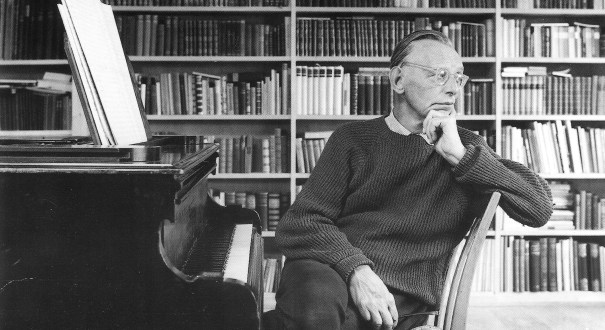Carl Orff, born on July 10, 1895, in Munich, Germany, emerged as one of the most influential composers of the 20th century, leaving an indelible mark on the world of music with his innovative compositions and pedagogical approach. His life journey was marked by a relentless pursuit of musical excellence and a dedication to fostering creativity in others.
Orff’s early years were shaped by his exposure to music through his family. His father, Heinrich Orff, was a distinguished German officer and his mother, Paula Köstler, hailed from a family of scholars and musicians. This rich familial background laid the foundation for Orff’s musical development.
After studying piano, music theory, and composition at the Munich Academy of Music, Orff’s career took off with the premieres of his early compositions, including “Carmina Burana.” This monumental work, premiered in 1937, remains Orff’s most famous composition, renowned for its rhythmic intensity and evocative melodies. It catapulted him to international acclaim and established his reputation as a leading figure in contemporary music.
Orff’s musical style was characterized by a blend of neoclassical elements with a primitive, almost ritualistic sensibility. He often drew inspiration from ancient Greek drama, medieval poetry, and folk traditions, infusing his compositions with a sense of timelessness and universality.
Beyond his achievements as a composer, Orff was also a visionary educator. In 1924, he founded the Günther School for gymnastics, music, and dance in Munich, where he developed his revolutionary approach to music education known as the Orff Schulwerk. This holistic method emphasized improvisation, movement, and play, aiming to nurture the innate musicality of children through active engagement with music.
Orff’s pedagogical innovations revolutionized music education worldwide, inspiring countless teachers and students to approach music-making with creativity and joy. His influence extended far beyond the concert hall, leaving an enduring legacy in classrooms and communities around the globe.
Despite facing challenges during the tumultuous years of Nazi rule in Germany, Orff remained committed to his artistic vision and continued to compose prolifically. His post-war works, including the “Trionfi” trilogy and the opera “Antigone,” further demonstrated his mastery of musical drama and lyrical expression.
Carl Orff passed away on March 29, 1982, leaving behind a vast and diverse body of work that continues to captivate audiences and inspire musicians of all ages. His legacy as a composer, educator, and innovator endures as a testament to the transformative power of music to enrich our lives and connect us to our shared humanity.


Comments are closed